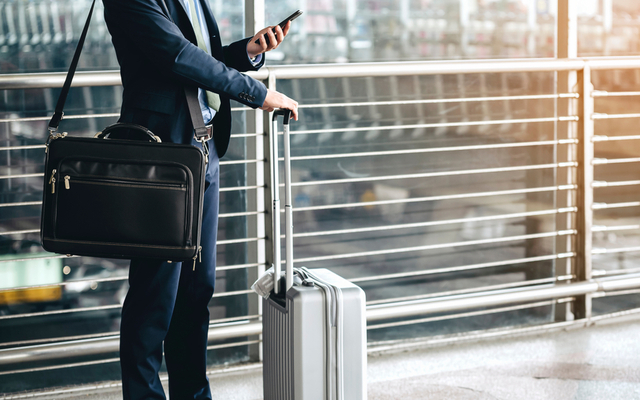SME association leaders say their members will be at the front of the line when business travel can resume, but creating a “hybrid business model” and finding a better balance between the use of technology and face-to-face meetings is the way forward.
During the June CAPA Live panel discussion on The SME business travel market is heating up – so, how to win it?, Danny Lau, life honorary chairman, Hong Kong Small and Medium Enterprises, was optimistic small businesses were more “flexible” about meeting overseas clients and would consider “being quarantined for seven days”.

Agreeing with Lau on the eagerness of SMEs to travel, Pascal Struyve, president, Belgian Association of Travel Management, said an uptick would have to be based on an “efficient and reliable framework” and an environment where flight schedules, quarantine and vaccination rules do not keep changing, and travel is easy again.
Struyve opined that the industry has to create a new baseline as “2019 levels are not coming back any time soon”.
Calling it a “reset for the economy, how we travel and do business”, Struyve commented there would be “20 per cent to 30 per cent less travel – and some believe it will be more”, adding that more SMEs would probably move to “more managed travel” and professional channels”.
With a high chance of flight cancellations over the last 18 months, Lau noted members were turning to travel agents for help to find direct services, avoiding multiple detours and quarantine information.
Tui McKeown, president, Small Enterprise Association of Australia and New Zealand, pointed out that when airlines change their business model to keep in mind that companies with one headcount, and nano enterprises with a few heads, are seeking “a simple answer”.
She added that more members were turning to their “local travel agents” so that there is somebody they “trust” and can go to when there is a problem.
On the SME hybrid model, Struyve noted that businesses will continue to use digital solutions, move to more managed travel and there will be new demand for “professional channels” to make travel easier.





















